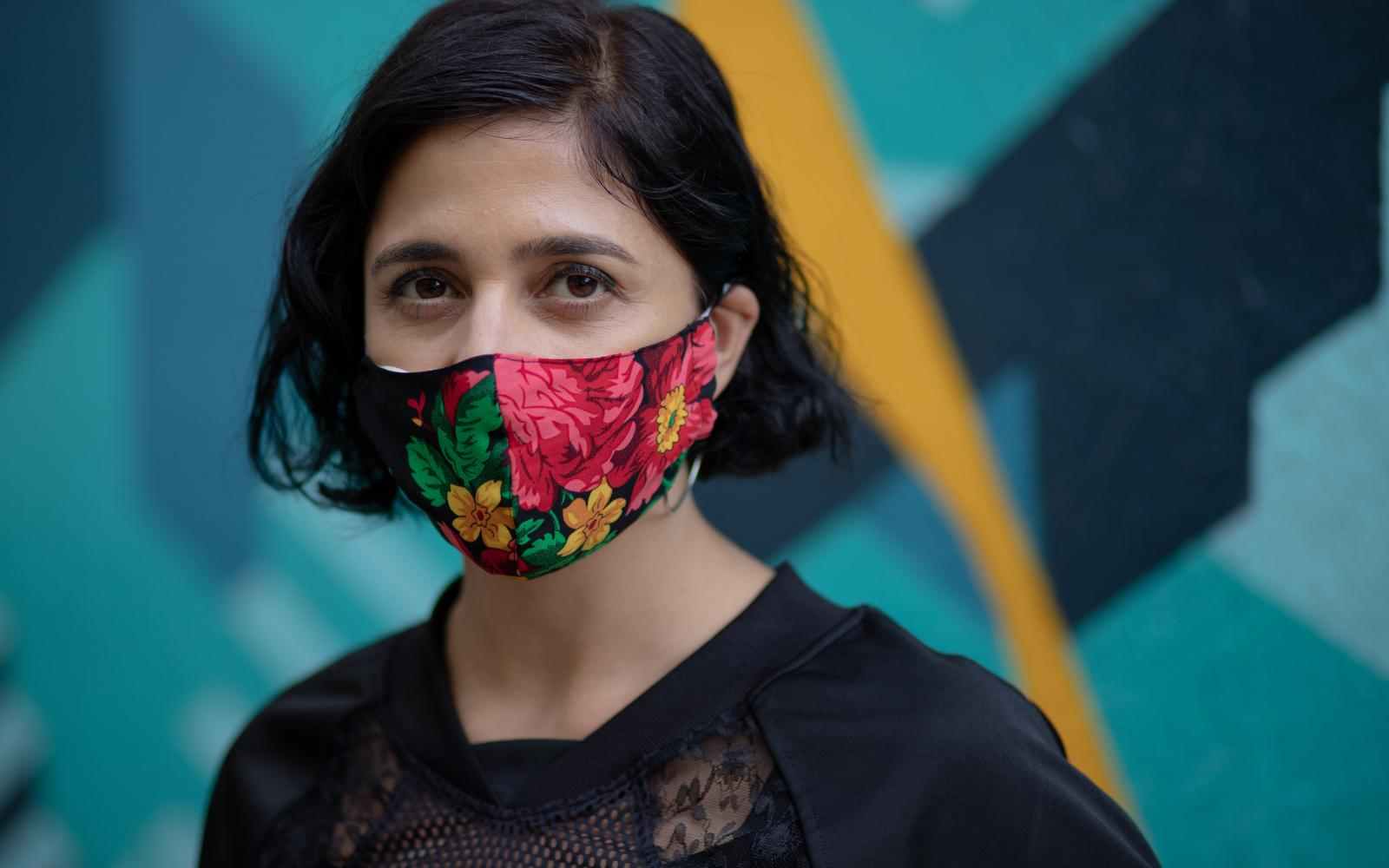Carmen Gheorghe, Ashoka Fellow: "Women in Roma communities do not need heroes or heroines to save them"
Carmen Gheorghe joins the international Ashoka Fellows community of over 3,800 innovators and entrepreneurs who are changing the world. Roma feminist, activist and researcher, Carmen is the sixth representative of our country, appointed Fellow by Ashoka Romania following one of the most rigorous selection processes in the world.
Carmen Gheorghe founded E-Romnja, the first Roma feminist organization in Romania, to create a community of Roma women where they have a voice and decision-making power. Together with her team, she worked on the grass with over 900 women from 7 communities across the country. Carmen's work is long-lasting and deep because it must give confidence and a safe space to women in communities to redefine, negotiate and affirm their role, position and identity. E-Romnja means annual meetings, hundreds of community and cultural events, local advocacy or protest interventions and workshops on specific topics: from domestic violence, sex education to maternity and local participation. The work on the identity of Roma women is intersectional, it brings together several action plans.
More than 80 years after the Holocaust and 160 years after the abolition of slavery in Romania, Roma women are still the target of multiple discrimination: from the traditional role in the family and community to the frequent racist and sexist attacks on their sexuality and rights, on one's own body. Roma women are systematically restricted from accessing work, health, political and public representation, or simply an identity that truly belongs to them.
"In the discussions with Carmen Gheorghe within a selection process of over 8 months, we realized that the subject of Roma women is surrounded by a deafening silence. This is despite the fact that, in Romania, 620,000 Roma are officially recognized, and human rights groups estimate the correct number at 2 million. Hundreds of thousands of women live in a no woman’s land, with a public image established by prejudices and with rights too often ignored. For example, only 64% of Roma women in Romania say they can read and write, compared to 76% of men. The causes of this discrimination are complex, and solutions are all the more difficult. That is why Carmen's efforts are welcome and deserve to be known and replicated internationally "said Corina Murafa and Ana Murray, Co-Director, Ashoka Romania.
What makes her approach valuable and innovative is the discreet role that Carmen Gheorghe assumes. The laborious process of finding the correct, current and right definitions for the identity of Roma women puts the decision in their hands. The intersectional approach requires the patience of the searcher in the archives, the distant involvement of the researcher, the passion and creativity of the activist, but also the ability to connect internationally with organizations and movements in the field of human rights. All these qualities are found in the professional and academic career of Carmen, co-author of studies, articles and specialized books, but also one of the strongest voices in the activist movements in Romania.
"Women in Roma communities do not need heroes or heroines to save them. They know very well what they need and they know how to say it. Each of us must learn to listen and manage our prejudices. Thanks to the work on the grass, I developed in E-Romnja the SORA model of feminist intervention. The basic principles of SORA are: we talk about ourselves; we need spaces built on sisterhood to heal our traumas and regain our identities. We have a history of oppression in society, by the institutions and the ethnic group, and we cannot say which is more relevant, as all these systems affect women's lives. SORA is a model that demonstrates that changes can be systemic, institutional, normative and repositioning of Roma women. SORA is a model of Roma feminism that is built through collective, diverse and intersectional voices. ” Carmen Gheorghe told us.
